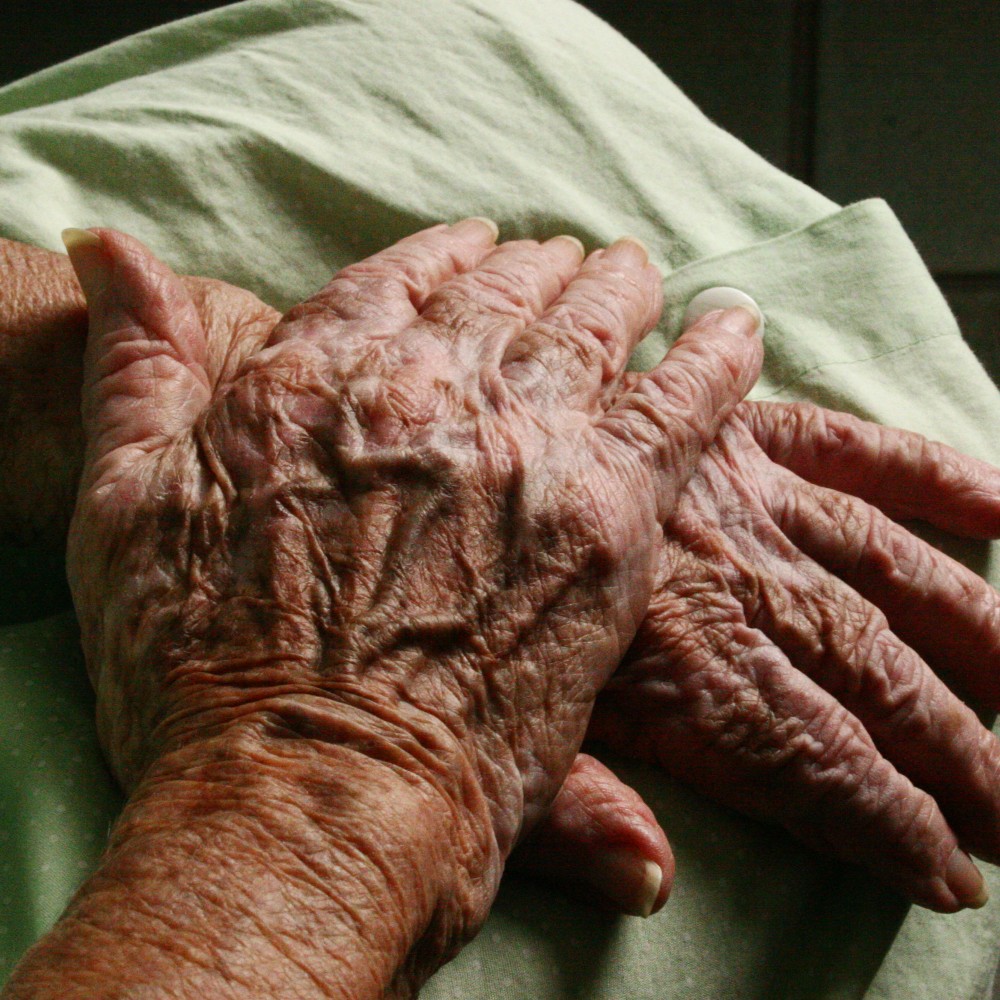
If you find yourself staring into the dark in the wee small hours of the morning, wondering why you keep waking up at 4:00 AM, you’re not alone. The mysteries of sleep can be puzzling, but sleep expert Lisa Artis, the deputy CEO of The Sleep Charity, is here to shed some light on the subject and offer tips to improve your sleep.
Insights From a Sleep Expert

One common reason for waking up at 4:00 AM is related to sleep cycles. Artis explains that we start to experience less deep sleep after around four to five hours of drifting off. If you typically go to bed at around 11:00 PM, by 4:00 AM, you might have left the deep sleep cycle and transitioned to lighter sleep. This makes you more susceptible to waking up from even lighter disturbances.
Reasons for Night Restlessness
Sleep disturbances aren’t solely due to sleep cycles. Hormones also play a significant role in your sleep-wake cycle. As Artis points out, sleep is guided by our internal clock or circadian rhythm. One of the most significant and well-known circadian rhythms is the sleep-wake cycle. This cycle is regulated by two hormones – melatonin and cortisol. Melatonin helps you fall asleep, while cortisol helps you wake up and stay alert. Fluctuation in these also results in your 4 am wakeups.
Mastering the Art of Morning Wakefulness
To improve your sleep, it’s essential to maintain balanced hormone levels. Artis recommends relaxing before bedtime and avoiding screens, as the blue light emitted by smart devices can disrupt melatonin production. Additionally, your diet can impact your sleep health. Excessive sugar, caffeine, heavy meals, and insufficient magnesium and B vitamins can all negatively affect your sleep.
How to Improve Your Restful Nights at 4 AM

To reduce awakenings during the night, try alternatives for your last evening meal or snack. Opt for protein-packed and magnesium-rich foods like hard-boiled eggs, cottage cheese, pumpkin seeds, spinach, dark chocolate, cashews, chicken thighs, or turkey. Protein keeps you fuller longer, while magnesium supports sleep. Furthermore, dehydration can cause nighttime trips to the bathroom, disrupting your sleep. Consider reducing fluid consumption before bedtime. Age and hormonal changes, such as menopause, can also impact sleep patterns. Anxiety and worries can keep you up at night, so it’s beneficial to address any concerns before bed. Writing down your worries, practicing mindfulness, and doing meditation exercises can help you relax.
Scientific Study Reveals the Maximum Age Limit of a Human Life

It’s not a surprise that every living being has its own time limit in this big world. No matter how lucky or healthy one might get, time wins out eventually. But the gradual development of health-related science has resulted in a higher life expectancy for humans over the years, making us expect to live much longer and healthier than our ancestors. But have you ever wondered what’s the maximum age a human can live in this world? Science has an answer to give you.
The Current Life Expectancy
In the UK, the average life expectancy for a person is now more than 80 years, which is significantly higher than what it was during the mid-20th century. People are commonly reaching this higher age in their lifetimes, thanks to the advancement of medical science, which is helping mankind survive serious health conditions previously considered fatal. It’s giving a person an opportunity to spend several more years in this world. The oldest person ever lived by the record was 122 years old Jeanne Calment, from 1875-1997.
The Maximum Life Expectancy

While most people can’t get anywhere near 122 years of age, the theoretical question of how long a human body can live has intrigued scientists for years. A group of scientists recently looked into this subject a bit deeper and concluded that the longest any human being is ever likely to live in this world is around 150 years of age. This finding came from research on human resilience, our body’s ability to recover from any damage. To estimate the maximum lifespan of a human, the researchers used AI to study the medical data collected from hundreds of thousands of volunteers over decades. Factoring in lifestyle, illness, medications, and age, they found that the ability of a human body to recover completely gives out somewhere between 120-150 years. So theoretically, a person can’t survive beyond 150 years in a lifespan. That’s a long time to live in this world!